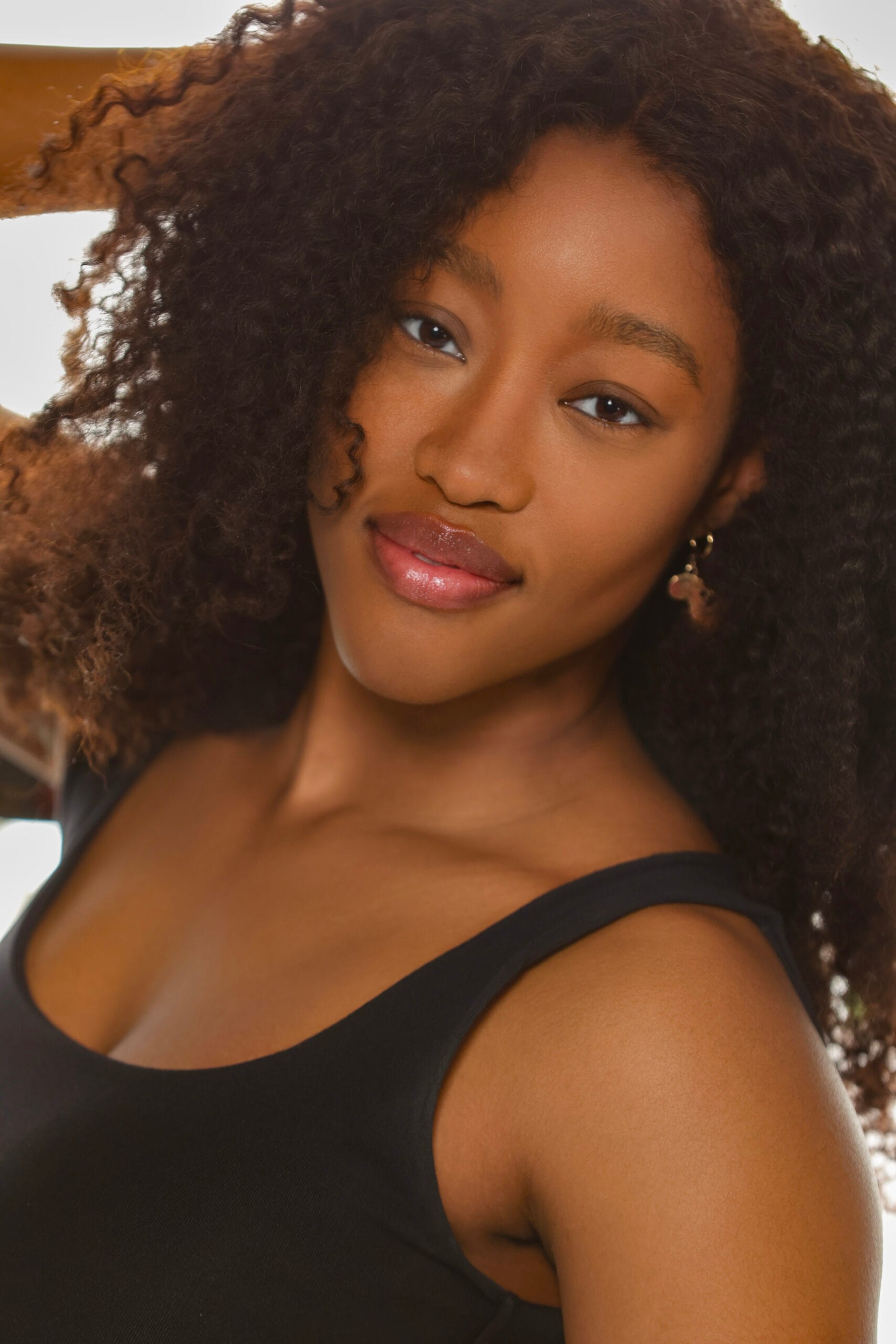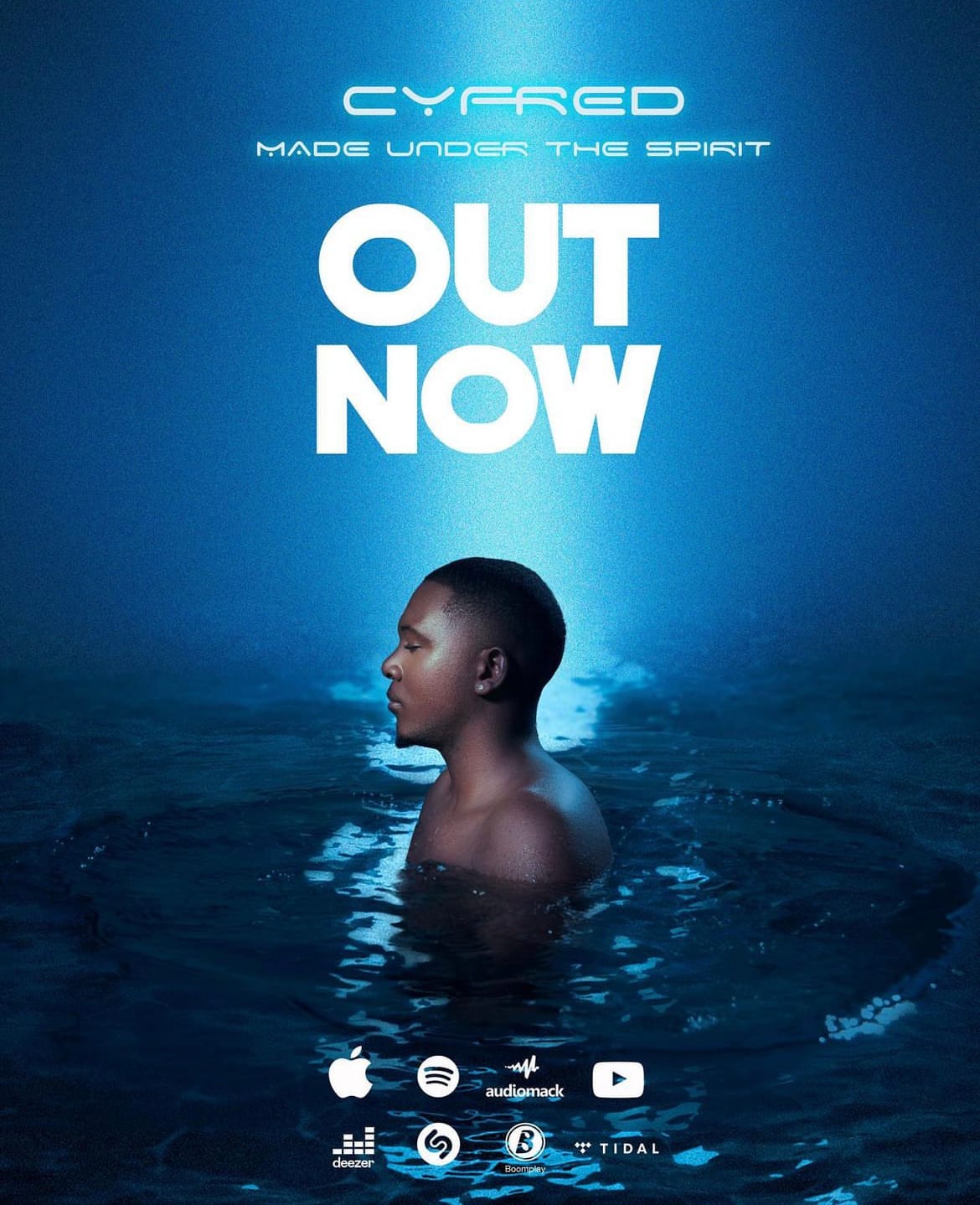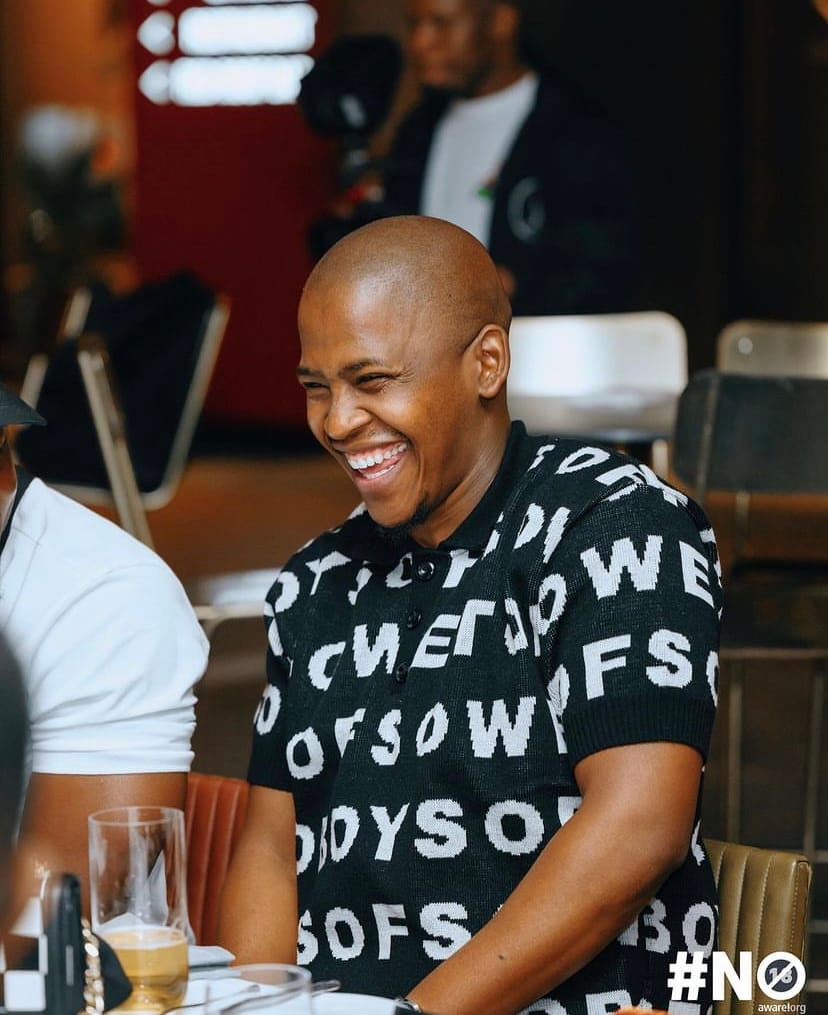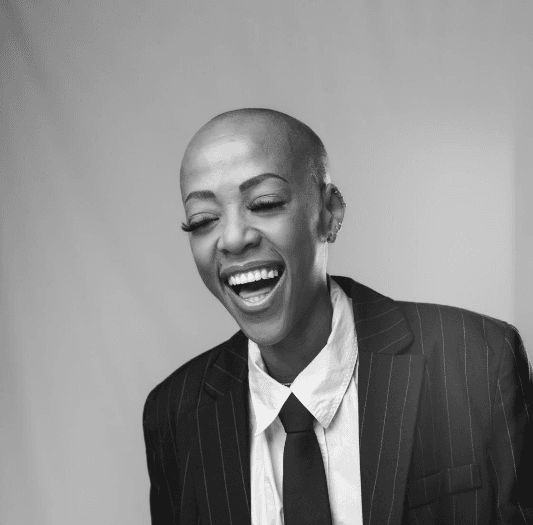Chioma Umeala is a Nigerian-South African actress from Johannesburg, South Africa. She describes herself as a multicultural kid because of her Xhosa and Igbo roots, and her whole life has been informed by both cultures. She is an artist who loves to create and perform. She speaks about her journey in the acting industry. She started acting in 2020 on BET’s Isono: The Sin, playing Ayo and has also been on The Woman King, and the live-action anime One Piece on Netflix.
From a young age, Chioma always knew that she wanted to be a performer although she wasn’t quite sure what kind of performance she wanted to do until later when she got to high school and realized that she wanted to be an actor. However, before that, she was in her primary school’s music department and she enjoyed that. “But coming into high school, it was acting and drama that made me feel like that’s where I want to channel my career focus. I still think I am a performer and artist in every aspect but as far as my job is concerned, acting was the one that made sense for a job”, she says. However, it was going to take her parents some convincing to get on board with her wanting to act.
“I am one of those classic stories where my parents were typical African parents and they wanted me to study Accounting or Law, those kind of career paths,” she says. And because they didn’t want her to study Live Performance, in 2019 she attended Indigo View Advanced Actors Academy, where a lot of great stars come from. Including her co-stars on Isono like Didintle Khunou, who featured in The Color Purple and Bohang Moeko, who was one of the leads on Isono. “I always believed in being a proactive actor so outside of Indigo View, I’d always look for workshops that were taking place”, she shared. Umeala explained that The South African Guild of Actors (SAGA) always had workshops on audition techniques or other initiatives that are helpful to actors, they were also a great platform for one to meet casting directors like Bonnie Lee Bouman. “There are these resources, and you can learn without going to a formal institution but this path requires you to be more proactive and that’s what I did”, she says. She was so determined to become an actor; that her parents had no choice but to give in.
“So, if you know anything about Igbo and Xhosa people, it’s that they are very stubborn and when you mix Xhosa and Igbo you create stubborn times two and I was a nightmare. I won because I was relentless and I gave them no choice”, she says, laughing. Chioma had no plans on changing her mind about her career path and it got to the point where her parents just gave in. “That’s how I won, I was stubborn”. Now with her parents convinced, Chioma invested all her energy in the hard work an actor has to do, like preparing for a role.
She states that every character is different so the most important thing for her is to research the characters she’ll play and their background. Ayo on Isono was a medical student with a lot of friends in the field, so she had her friends help her out with the research. She also states that Ayo was also in grief, and she was intimately aware of what emotional state Ayo was in because her father had also passed away. “I think the most important thing is finding the truth of the character and finding their reality”, she reflected. Stating that even with Tara on The Woman King, it was like building as much knowledge of the character and their reality so that she was equipped to play the part. “They always say you can’t play until you know the rules so for me it was like I have to know the rules and the parameters of the character and once I have all of that foundation and parameters, I just play within the world I have created for myself”, she says.


Her favourite character so far has been Nojiko in One Piece. She states that it was really exciting because she was in a completely different world and a different reality. Even though they are still within the parameters of the set material, the actual manga and the anime that came before the show, it was an exciting experience because she was able to make up her own rules in a way. “I loved the whimsy that I was able to tap into, just being on set and seeing the colour and the beauty, I felt like I was playing dress-up, big girl dress-up”, she says excitedly. She loved that this character and the entire experience allowed her to tap into her playful nature. But she loved being on other projects as well. She says being on The Woman King was a wonderful experience even though it was a demanding project because they were always training or working on the stunts for the film so there was a lot of physical work on top of the emotional work they had to do. “But within that we had camaraderie in each other, there was a sisterhood that was built and that was shown on screen because that was the truth of our characters. Our characters trained a lot and they also found each other in those moments so I think that it’s also a beautiful thing we see in the film”, she says. While playing Nojiko was the highlight of her career.
“I was so excited to be a part of a project that delivered what it set out to deliver. Obviously, we can’t please everybody but a lot of people were happy with what we did. It’s like the first live-action anime project that has been received this way and I feel so proud to be a part of something like this. I also feel like the medium of anime is such a special medium and more people need to see the brilliance of storytelling that is present there”, she says. She also speaks very fondly about everyone who was in the team and being on set, stating that it was a breath of fresh air because everyone was so kind and there was the spirit of Ubuntu on set. However, before the live-action anime was released on Netflix, she did get negative reviews about being cast to play Nojiko.
She states that at first, it felt like they were not talking about her because the people who were outraged at her being cast didn’t know her, they hadn’t seen the scenes or the production at all so all they were basing their outrage on was the colour of her skin. “They were basing their outrage off of the colour of my skin and it was so surface-level, I didn’t know how to intellectually or emotionally engage with that kind of feedback”, she says. When the show came out, some of it hurt because it made her realize that those kinds of reactions were reflective of the attitude people still have towards Black people and the path Black people still have to walk on this earth. “I was referred to as an ‘it’, I was referred to as a pig and so many other different things. And it didn’t hurt because a stranger on the internet was saying it but it hurt because the truth is that those comments don’t exist in a vacuum, those sentiments and feelings and behaviours are carried into the real world. It’s so disheartening and disappointing because it reminded me that I can never just be an actor cast in any role, people will always want to inappropriately look at my race first before they look at me as an actor,” she says. On top of that, she also had to deal with xenophobia because people found out that she has Nigerian and South African roots and that angered them.
“To some South Africans, because I have Nigerian roots, then I am not South African at all,” she says. She explains that it is a frustrating and infuriating thing she has to deal with. “People can not strip someone of their identity and their truth and their heritage. I am of this land, I am of many lands and I am proud of it. That is what it means to be African as well,” she shared. She hopes people can let go of having that kind of mentality because it is not helpful to anyone. “If you want to exclude one group then you are one stone’s throw away from tribalism. I have no tolerance for xenophobia because it is the most backwards thing, having Black people hate on other Black people like that simply because of their heritage,” she says. And even though the acting industry does try to address these kinds of issues, there’s still room for more.


“I think we could do more, our industry is still young, we’re still trying to find our feet. We’re just getting the kinds of budgets we need to be competing on international levels, and a lot of investments have been coming in recently. There’s a lot the industry has to catch up on,” stated Chioma. She also reflected that the laws governing the industry were written a very long time ago so they don’t account for a lot of things like residual wages and other blindspots that could get actors into an exploitative situation. “There’s a lot of conversations that need to be had around our industry as a whole because more international projects are coming into our continent and country and we need to stand firm together so that we are protected as a unit,” she says. She also talked about the South African Guild of Actors, a union that represents actors in South Africa.
Stating that SAGA is the biggest union that represents actors in South Africa, but it is still not big enough and it still has more room to develop. “There’s a lot of conversations that need to be had. I mean most people don’t have enough information, they don’t know that they should be getting residuals for their faces and things like that. Some veterans and people who have been in the industry for longer know that but the more and more people that are coming up, the less and less we know”, she says. Explaining that that’s part of the reason SAGA still needs to grow and become bigger than it already is. “Looking at SAG-AFTRA and their fight against AI, we haven’t even gotten to the point where we own our images. That’s how far behind we are in the conversation. So, I appreciate what SAG-AFTRA is doing, and I hope it starts a conversation about what we can do in our country”, she says. She continues to explain that SAGA is currently trying to get a bill signed for the protection of both crew members and actors and that it is a big step towards getting residuals and so much more for actors and crew members in this country. From working on international productions, preparing for roles and being part of conversations that will protect actors in South Africa, Chioma has a lot of work cut out for her and she needs to wind down as well.
Chioma shared that she winds down by having a cup of tea and getting in a bath. “My very lovely person makes me rooibos tea before I get home because that is my favourite thing in the whole wide world and he also draws me a bath”, she says. “So, by the time I get home, I have my tea and I get into the bath, and I just want to stay still and quiet before getting into bed”, she says.
As a result of the ongoing SAG-AFTRA strike, Chioma cannot get into what she has in store for us until the strike has been resolved. “I can’t say much until the SAG-AFTRA strike has been resolved and the actors get what they are asking for and once that happens, I can’t wait for the industry to open up and start working again”, she says. But she also states that she isn’t working on any local projects at the moment, but she would love to. “But basically, the sky is the limit for me”, she says. In the meantime, she has some advice for anyone who wants to get into the acting space. “Do your research and know what kind of actor you want to be,” she says. She explains that she has always wanted to do Marvel-esque roles, so she was taking Muay Thai lessons because she told herself she needed to stay prepared and that helped her solidify the role she got for The Woman King because the callback process included a mini stunt session with Grant Powell, who was one of the head stunt coordinators for the production. Also, be proactive, attend workshops and use all the resources that are available to you. “I think the most important thing is educating yourself on the craft because everything will come from that. The reason I got so far was because of the mentors and the teachers I met along the way. It was through being inspired and learning through them that I was able to find my way.”






No Comments